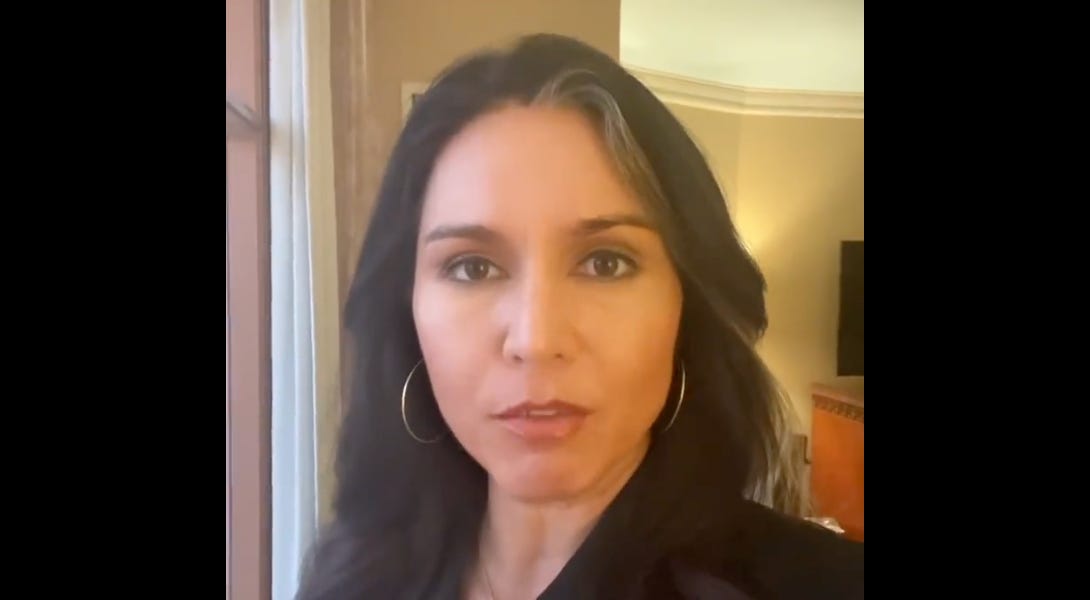I will once again state on record that this is a bad idea, but Meta’s so keen to push ahead with its metaverse plan that it’s going to do it either way.
Today, Meta has announced that 10-12 year olds will soon be able to engage in chats and calls in VR, providing another way for youngsters to connect.
As per Meta:
“When we announced Meta Horizon OS, we described the Horizon social layer for people 13+, which includes experiences like chat, calls, and the ability to join others in experiences. Connecting with friends is part of what makes MR and VR great, and we’re excited to give preteens the option to enjoy age-appropriate, social experiences, managed by their parents.”
The last part being the key note, that parents will need to approve each individual contact for young users.

“Preteens will be able to chat and call directly with parent-approved contacts, as well as seamlessly move between select multiplayer spaces and share experiences with their friends and family. They can be part of the Apollo space missions, trek around Mt. Cook in New Zealand, create their own singing club, or simply play their favorite games.”
Meta has already implemented parental supervision tools for teens aged 13-17, which now expands to younger users, while it’s also got age checking processes in place for an extra layer of security.
Yet, even with these measures in place, it still seems like a risky move, especially when you consider the impacts of social media interaction as it currently stands on younger audiences.
Over time, more and more studies have shown that social media usage can have harmful impacts for youngsters, and can be a net negative for development, mental health, and more. In retrospect, many health professionals now concede that we should never have allowed young kids to access social media apps in the first place, with the exposure risk alone now posing significant enough dangers to implement stricter age limits.
Which is what’s already happening in varying form.
Last month, New York Governor Kathy Hochul signed the “Stop Addictive Feeds Exploitation (SAFE) for Kids” act, which, if enacted, will prohibit social media platforms from providing an “addictive” (read: algorithmic) feed to children younger than 18. Florida has also sought to implement laws that require parental consent for 14 and 15-year-olds to create or maintain social media accounts, while Maryland has also proposed expanded protections for young users.
These regulatory approaches are based, again, on the growing evidence that social media usage can cause various mental health impacts among teens, with negative comparison and bullying being the chief concerns.
And you can only imagine that VR experiences will further heighten this risk.
VR is a far more immersive, more consuming digital experience, and if there are concerns around social media impacts in this respect, surely the same holds for VR social as well.
And while Meta is implementing parental oversight, I would suggest that users under 13 should not be allowed to access social VR elements at least until we have a wider scope of the potential dangers, based on expanded use.
I mean, we already know that the exposure risks in VR are significant. Meta itself has been forced to add personal boundaries for VR avatars after reports of sexual harassment, and even “virtual rape” in its VR environment.
On balance, it seems like a bad idea to lower the age limits for entry, and really, that we’re failing to heed the lessons of social media as it stands.
But again, Meta needs young users to usher in the next phase of its metaverse vision, so it’s increasingly keen to get more kids playing in VR, with a view to them aging up and evolving within that experience.
It just seems like a dangerous step. And also, that not enough alarm bells are being rung on this front.




































































